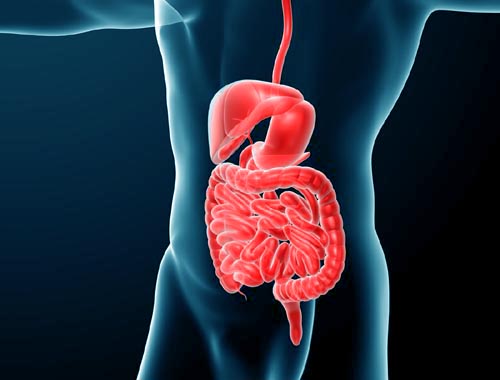
Your cells require calcium to function properly.
This is a measurement of the fluid balance in your body.
Creatinine: Normal range is 0.8 to 1.2 mg/dL (70.72 to 106.08 Ámol/L). This mineral is essential for ensuring that blood, tissues, and cells have adequate water to function properly.
Blood urea nitrogen: Normal range is 6 to 20 mg/dL (2.14 to 7.14 mmol/L). This can serve as a measure of the health of your kidneys and lungs.
Chloride: Normal range is 96 to 106 mmol/L. Additionally, calcium aids in regular blood clotting.
Carbon dioxide: Normal range is 23 to 29 mmol/L. Basic metabolic panel evaluates blood urea nitrogen, glucose, sodium, potassium, calcium, chloride, carbon dioxide, and creatinine, which can help determine renal function, electrolyte balance, and fluid balance. Before this test, you might need to fast for up to 12 hours.
BMP includes:
Calcium: Normal range is 8.5 to 10.2 mg/dL (2.13 to 2.55 mmol/L). This is another byproduct of renal function that demonstrates the health of your kidneys.BMP assists your doctor in making diagnoses, aiding in normal health screenings, or monitoring the effects of drugs you are taking, such as those for high blood pressure. Blood sugar, or glucose, is an important source of energy for your body, but having too much or too little of it can cause problems.
Potassium: Normal range is 3.7 to 5.2 mEq/L (3.7 to 5.2 mmol/L). Your kidneys produce this naturally, and the amount you have can tell you how well they're working.
Glucose: Normal range is 64 to 100 mg/dL (3.55 to 5.55 mmol/L). The health of cells is greatly influenced by this mineral.
Sodium: Normal range is 136 to 144 mEq/L (136 to 144 mmol/L).
Typically, you will need to fast for up to 12 hours before your test, so if you have a lot of medications, talk with your doctor about what should be taken the night before, and follow their instructions carefully.There are a number of common types of blood tests that you can have at your doctor's office or a lab, such as a complete blood count (CBC), or a basic metabolic panel. Other common types of blood tests include coagulation factors, which are the proteins and chemicals in your body that can help you clot blood, and various autoimmune and immune-system tests. This is a collection of different tests that measure how your body functions, including glucose, calcium, sodium, potassium, chloride, creatinine, and blood urea nitrogen (BUN).


DDxHub is a concentrator that holds a lot of disease descriptions. It relies on the System knowledgebase to diagnose a health condition.
Differential diagnosis Hub is the System distinguishing of a particular disease or health condition from others.